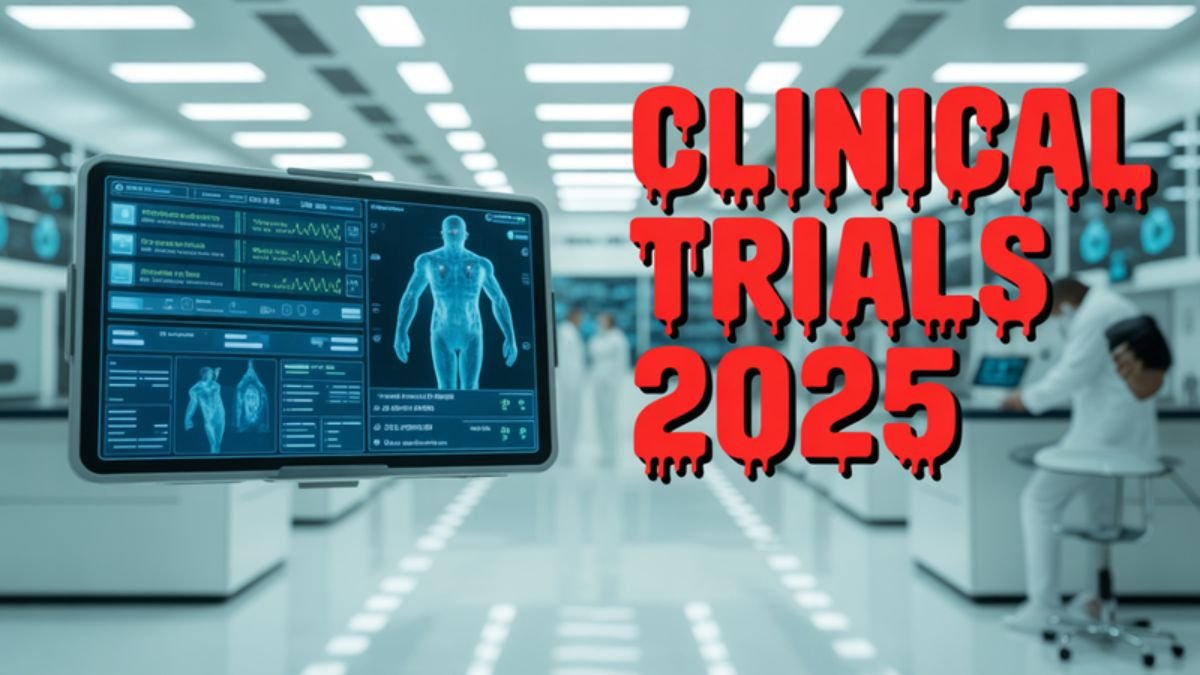The health and medical sector has not been left behind in the area of clinical research and trial upon which new discoveries and treatment are founded. This field is assuming another form in 2025 and the artificial intelligence (AI) and big data are completely transforming the process of conducting medical research. The technologies are not only capable of accelerating the testing of new drugs, but also enhance the quality, safety and efficacy of the clinical tests.
The Traditional Method of Clinical Trials and Issues.
The trials that were carried out in the clinics were very complex and time-consuming. They involve the recruitment of the participants, the collection of the data, the data analysis and compliance with the regulations. The traditional trials are normally cumbersome, expensive and even unsafe to the patients.
In addition, managing the data is extremely difficult. It may be difficult to learn and to interpret medical records, lab tests, and biomarker data of thousands of patients properly by human researchers. This makes development of many drugs and treatment expensive and time consuming.
The Entry of AI and Big Data
AI and big data in 2025 have revolutionized clinical research. The number of data that can be processed by AI systems within a short time is enormous. The big data technology will help in gathering data and merging data according to various sources.
Under these technologies, the researcher can now follow the reaction of the patients, disease patterns and therapeutic effects in real-time. It does not just expedite the trials but helps in establishing the potential risks and side effects in a brief duration.
The key clinical trial AI applications.
AI is transforming the clinical trials in many ways. First, in data analysis. The AI models can serve as predictors of potential outcomes knowing about medical history of the patient, their genomic and lifestyle information.
In addition, AI has also become important in the recruitment of patients. The AI systems help in the selection of the appropriate subjects to conserve time wastage in trials. This ensures that the right type of patients have been employed in the studies hence rendering the results more credible.
AI is also conducting risk assessment. Machine learning algorithms can identify the possible side effects, and this increases patient safety.
Big Data and Its Importance
Big data helps in incurring data of many sources during clinical experimentations. They include electronic health records (EHRs), mobile health, genomic data and medical imaging.
With big data, investigators can analyze data of large samples. This will make the results of trial more inclusive and applicable to the population. An example is that the effects of new drug can be observed in patients with different age, sex, and genotype.
Productivity and instantaneous trial observation.
The aid of AI and big data has been used in the establishment of the opportunity to monitor in real time. Now one is able to check the status of patients, drug response and any unexpected problems at any given time.
This renders the trials more effective and time consuming. Furthermore, clinical resolutions become easily improved and this offers effective and safe treatment to the patients.
Genomics and Personalized medicine investments.
AI and big data have also been contributing towards personalized medicine in 2025. Having known a patient genetic composition through genomic information, physicians can create individualized therapy and treatment regimen.
The AI systems suggest the most efficient medicine and dose basing on the genotype and disease tendencies. The process increases the efficacy of drugs and reduction of side effects.
Clinical Research Ethical Iss.
Ethical and privacy concerns are also increasing with the increase in the adoption of AI and big data. The patients should have their personal information stored in a safe and private manner.
In addition, it also means that the presence of AI systems is also prone to bias in data. Decisions may be made wrongly in case the training data is not balanced. Therefore, there is a need to have a technical and ethical tradeoff in clinical research.
Perspectives and Future Prospectus.
By 2025, AI and big data have already come far to revolutionize clinical trials and accelerate them, making them safer and more accurate. It can be seen one day that patients across the globe can easily participate in trials with virtual trials and digital platforms.
In addition, machine learning and predictive analytics will enable the creation of new drugs and treatment in shorter time than ever.
Discussion: Medical Research Technological Revolution.
In 2025, the AI and big data will transform clinical trials. Patient safety and effectiveness of drugs is also being enhanced by these technologies, in addition to making the process of research better.
One can even envision that the practice of medicine would be defined in the future in the form of the existence of the data-driven decisions, personalized treatment, and quick and precise clinical trials. This is a positive sign of not just science, but also the improvement of the human life.
